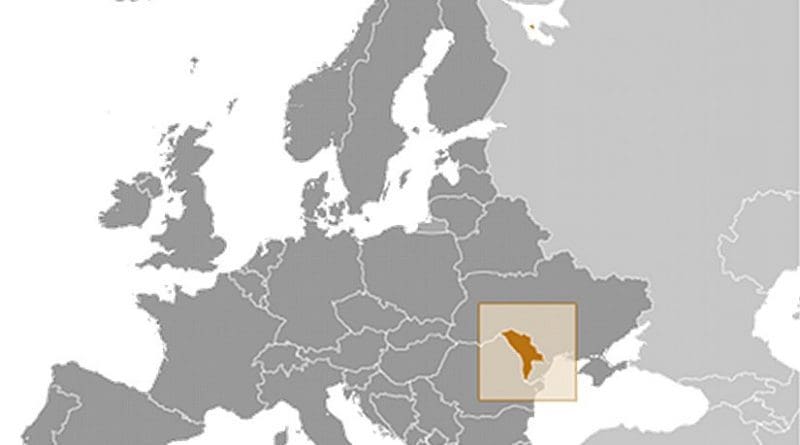Moldova Needs Arms To Deter Russia, Defense Minister Says
By Ana Maria Touma
Moldova needs to beef up its neglected army in order to be able to defend the country against possible Russian aggression, the country’s new Defence Minister said.
Moldova’s new Minister of Defence, Eugen Sturza, says he intends to develop and modernise Moldova’s military, in a move that risks worsening tension between Chisinau and Moscow.
In his first interview since he was sworn in two weeks ago, the new minister told Radio Free Europe on Wednesday that, “as long as the Russian army has troops deployed on Moldova’s territory, we need to develop the national army’s capacities.
“We need to show our foreign partners that we’re contributing to the region’s and Europe’s security in general – to the security of a conflict zone. We will continue this modernisation process, which hasn’t been implemented in previous years,” he said.
The minister said Moldova needs to be ready to fight in case Russia, which keeps 400 peacekeepers and 1,200 troops in the breakaway region of Transnistria, turns aggressive, as it did with Ukraine.
He also said that on his appointment he found the Ministry had only a small budget, and that defence strategies had been neglected for years.
Sturza also said that he had signed a National Defence Strategy that had been drafted together with experts from NATO, the United States and the EU.
“There is a clear outline on how Moldova should progress, how much money we need to allocate to the defence system, with clear numbers for the coming years in the medium and long term … which is something we’ve never had before,” the minister stressed.
Moldova’s military participation in international exercises with NATO or neighbouring countries has caused skirmishes between the country’s pro-European government and the pro-Russian President, Igor Dodon.
Dodon has barred Moldovan troops from participating in NATO-led exercises in the region on several occasions, arguing that Moldova needs to remain a neutral state.
However, in October, the government ignored Dodon and allowed a group of soldiers to participate in a military exercise in Ukraine.
The row raised concerns among security experts that Moldova’s small, poorly equipped army might fall victim to the political wars raging between pro-EU and pro-Russian politicians.
Sturza was sworn in at the end of October, after two months of political standoffs, with Dodon refusing to sign the appointment decree, citing his lack of experience.
In the end, the Speaker of Parliament, Andrian Candu, signed the appointment, after the government got the Constitutional Court decision to temporarily suspended the President and so enable Sturza to be sworn in.

